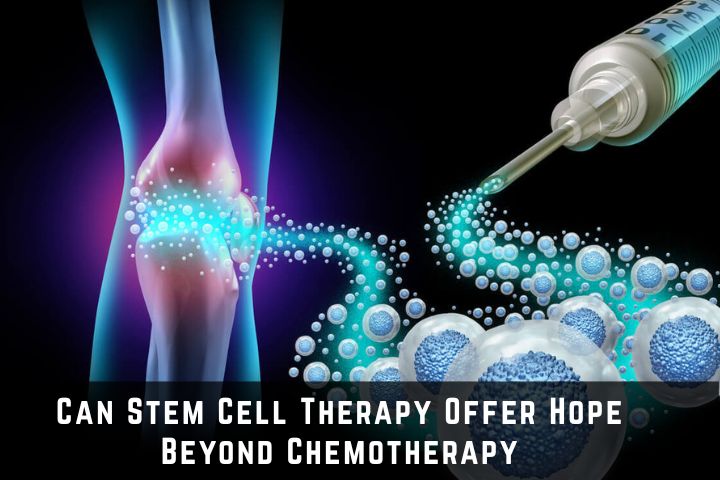Can Stem Cell Therapy Offer Hope Beyond Chemotherapy
Cancer treatment has traditionally relied on chemotherapy, surgery, and radiation to target and eliminate cancer cells. While these methods can be effective, they often come with significant side effects and may not work for every patient. In recent years, stem cell therapy has emerged as a promising avenue that could complement or even go beyond conventional treatments. By leveraging the regenerative and immune-modulating properties of stem cells, this innovative therapy is offering new hope for patients facing complex or resistant cancers.
Understanding Stem Cell Therapy in Cancer Treatment
Stem cells are unique cells capable of developing into different types of tissues and supporting the repair of damaged cells. In oncology, stem cell therapy is primarily used to restore bone marrow and immune function after intensive chemotherapy or radiation treatments, which often destroy healthy blood cells along with cancer cells.
Hematopoietic stem cell transplantation (HSCT), commonly known as bone marrow transplantation, is one of the most established applications. It helps replenish healthy blood cells and supports the immune system, allowing patients to tolerate aggressive treatments. Beyond this, research is exploring ways to use stem cells to target cancer cells directly or deliver anti-cancer agents, potentially reducing reliance on toxic chemotherapy.
Potential Benefits Over Conventional Chemotherapy
Chemotherapy works by killing rapidly dividing cells, which include cancer cells—but also healthy cells—leading to side effects like hair loss, fatigue, and a weakened immune system. Stem cell therapy offers a complementary or alternative approach by supporting the body’s natural recovery and enhancing the immune system.
For patients with blood cancers such as leukemia, lymphoma, and multiple myeloma, stem cell transplantation has been shown to improve survival rates and reduce relapse risk. Additionally, ongoing research suggests that stem cells could be engineered to deliver targeted therapies directly to tumors, increasing treatment effectiveness while minimizing damage to healthy tissue. This approach holds promise for cancers that are resistant to chemotherapy or recur after standard treatments.
The Future of Stem Cell Therapy in Oncology
While stem cell therapy is not a universal replacement for chemotherapy, it represents a significant step toward personalized and regenerative cancer treatment. Advances in genetic engineering, immunotherapy integration, and stem cell technology are expanding the possibilities. Scientists are exploring ways to combine stem cell therapy with immunotherapy, targeted therapy, or minimal-dose chemotherapy to create more effective, less toxic treatment regimens.
Moreover, clinical trials continue to investigate novel applications, including using stem cells to repair tissue damaged by tumors or previous treatments, enhance recovery, and boost the body’s natural anti-cancer defenses. As research progresses, stem cell therapy has the potential to change the landscape of oncology, offering renewed hope for patients who have exhausted conventional options.
Conclusion
Stem cell therapy is emerging as a powerful complement to traditional chemotherapy, offering benefits such as immune system restoration, reduced side effects, and potential targeted cancer treatments. While it may not yet replace chemotherapy entirely, it provides new avenues for improving patient outcomes and enhancing quality of life during and after cancer treatment.
Dr AV Cancer Institute provides the best services regarding this, offering advanced stem cell therapy, expert oncologists, and comprehensive cancer care to ensure patients have access to innovative treatments and the best possible outcomes.

